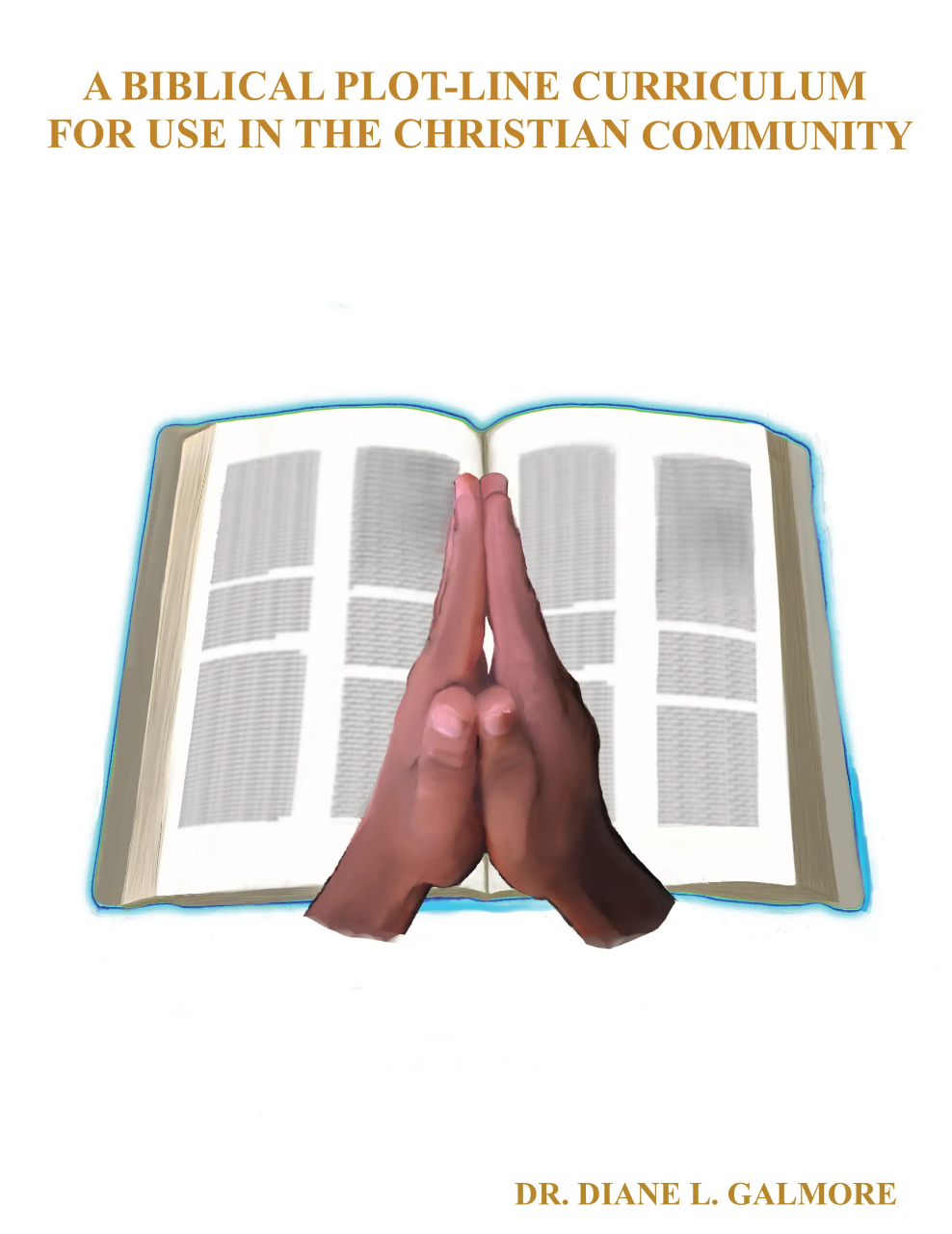
By Susan
S. Baker, PhD
What is a church? Too often the answer is something like “the building on the corner.” To get a little closer to the correct meaning, some will say a church is “a fellowship of believers.” During COVID many churches were forced to close their doors while others saw that believer, their members, were caring for each other even when the church building was closed for months, so they realized the church was not a building at all but simply “the people of God.” We knew this in some ways, but now we saw it as we were practicing it.
The next question is, why have a church? Many will say it is for Christians to learn more about God through a variety of ministries such as the main Sunday service, children’s church, nursery, youth group, etc. This is what we often refer to as “consumerism,” people coming to church only for what it can do for them. To stretch it a bit more, many Christians believe they should share in the ministries of the church, so they might lead a small group on a particular night or take a turn helping with the children in the nursery one Sunday every other month. They might reach out to their neighbors or friends and help them by providing a meal or simply caring for a woman who just lost her husband. But that doesn’t answer our question. Why have a church? Lately we have been hearing about “mission churches” but, as the late Dr. Manuel Ortiz would say, “churches should all be mission churches.” All churches should have mission as their mandate. Mission is why we have a church.
Our final question, and the one most relevant to the thesis of this book, is, why is it so hard to be mission oriented as individuals or as a body of Christ? We can say people are way too busy. Certainly, it seems as though we all are busier and running faster from one thing to another than our parents or grandparents used to be. However, that seems to be more of an excuse than a reason. If we are truly God’s anointed, His sent-out ones, His ekklesia, we should spend time with Him. We should understand His call on our lives. But we do not necessarily understand the Bible, or at least certain parts of it, so we do not read the Bible, or do not read it the right way. We are used to using proof texts, that is “favorite verses.” But what is the Bible truly about?
The Bible is a complete book with a story line that goes from Genesis through Revelations. It is a book about mission, God’s mission for His creation, and should be read as such. Some portions of the Bible are not as easy for us to read and understand, but all sixty-six books fit together to explain this mission.
Dr. Diane Galmore, in this book, utilizes a biblical plot-line method to not only motivate Christians to read the Bible but to also help them understand what they are reading and how each piece fits into the mission of God in this world today. She addresses some of the misconceptions about the Word of God and misuse of passages and then goes on to explain how Bible reading, utilizing the biblical plot-line, meshes with the whole idea of discipleship. She also speaks about some study helps that are available such as Bible commentaries. Dr. Galmore has written a book that all Christians should study if they are truly interested in being the children of God. With God’s help I pray that many will grow in their love for and understanding of God’s mission as explained through His Word.